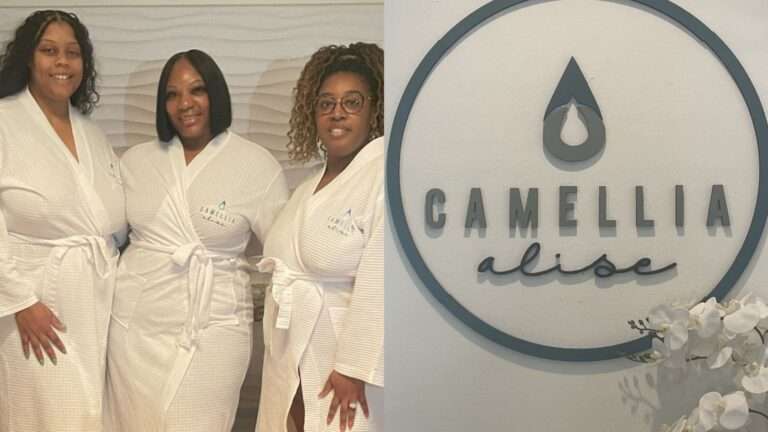By Contributing Writer Tami V. Allen, MS, LPC
Watching someone struggle with their mental health and not knowing how to help is one of the most challenging experiences. It is natural to want to encourage them to seek professional help and while some are willing to seek therapy, others remain resistant to the suggestion. If you want to encourage someone to seek therapy here is how to approach the subject with sensitivity, concern, and respect for their feelings.
Timing is everything
Choosing an opportune time when the person may be most receptive to talk about it is the key which sometimes means during the time of crisis. Outside of the crisis is an opportunity to educate them about the process, help them find a therapist, and even share your personal experience on help therapy may have helped you.
Be careful not to judge
Let the person know you want to help based on your observation of their behaviors while being careful not to convey judgment. Ask questions and be patient while listening to the responses being given. Let them know how therapy could potentially benefit them by addressing their concerns and communicate your desire to see them mentally and emotionally well.
Address fears and misconceptions
Some of the fears and concerns people express for not seeking therapy are cost, lack of insurance, bad experiences in the past, timing, and lack of understanding of the value of talking things out with a “stranger.” These are all reasonable concerns to be addressed. Validate concerns, provide personal referrals, explain how insurance works or refer them to free community services and emphasize the value of talking to a professional versus family/friends. Many therapists offer hybrid services (office or virtual) for privacy and convenience.
For couples…
Usually, one person leads the conversation about seeking therapy. While some partners are agreeable, others are resistant. The partner suggesting therapy must approach the subject from the perspective of their experience of the problem(s) and how therapy can benefit the relationship. Side note- most couples describe poor communication as the basis of the problem.
Couples therapy teaches how to use “I” statements, remove the emotion, remain focused on the topic while avoiding defensiveness and personal attacks, and how to listen with patience and understanding of the other person’s perspective of the experience. Remaining positive about the benefits of resolving problems can help couples grow together.
Know when to let it go
Forcing someone to go to therapy when they are not ready can cause more resistance. When you have done all you can to encourage and provide information, the other person must be ready and willing to make the decision to accept professional help. The most important thing is to preserve the trust in the relationship and be ready to go if or when the other person comes around. Until then, focus on your own personal growth. When the other person sees positive changes in you, this may be the encouragement they need to finally seek help for themself.
I work with many couples who have a partner resistant to therapy, and I tell them to encourage the other to seek one session. Once they feel comfortable enough in the first session, that will usually get the ball rolling. For more information about me and my services, please visit my website at www.AllenCounselingGroup.com. You can also reach me by email at Tami@AllenCounselingGroup.com or by phone at 713-597-4499.
Like and follow the Allen Counseling Group on social media:
FB: @AllenCounseling2017
IG: @AllenCounselingGroup
Twitter: @CounselingAllen







